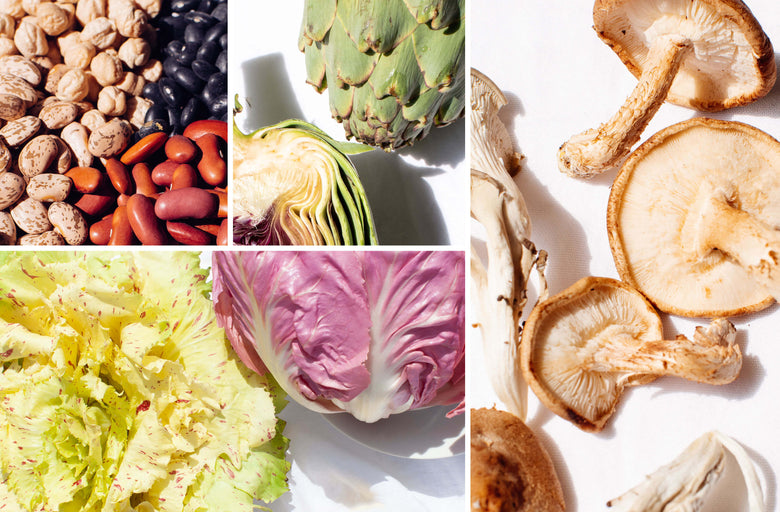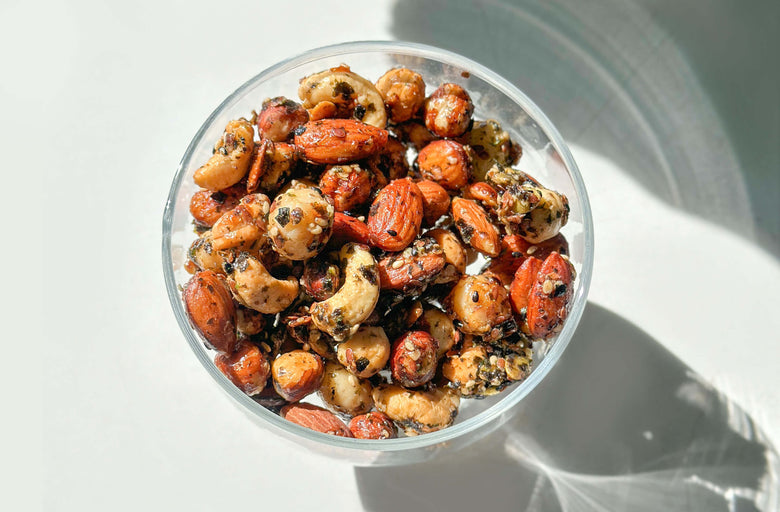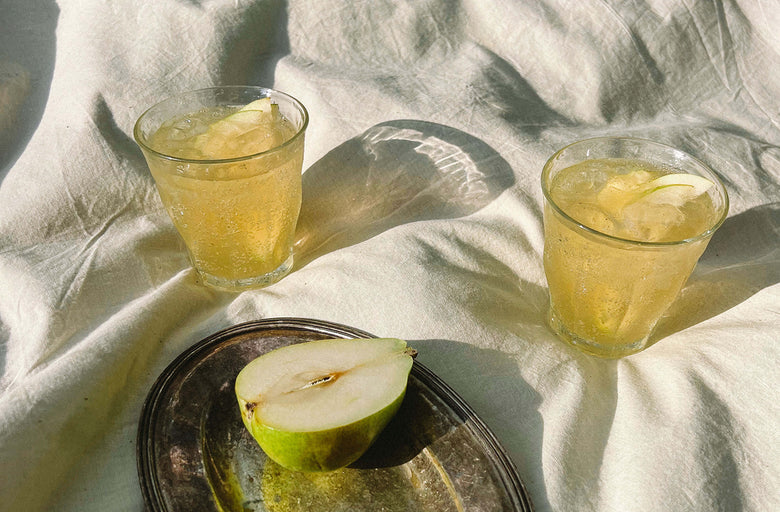You know that blissed-out feeling you get when you’re lying on a beach? Or the way your mood instantly lifts on that first mild spring day after a long, gray winter? That literally sunny disposition is more than a feeling—it’s a chemical reaction. Sun exposure triggers the release of serotonin, a hormone that promotes feelings of happiness and well-being. In this way, the sun provides not one but two important nutrients for human health: joy and vitamin D.

Vitamin D is one of the four fat-soluble vitamins, along with vitamins A, E, and K. It is essential for human health for a number of reasons:
- It aids calcium absorption for healthy bones and teeth
- It promotes muscle health
- It supports the nervous system
- It modulates immune response, helping your body’s built-in defense system keep you healthy
Low vitamin D is linked to illnesses like cancer, diabetes, and osteoporosis. There is also some research to suggest a correlation between low levels of vitamin D and increased risk of COVID-19, but results of these studies are preliminary and mixed. And remember the sunlight-serotonin connection? Vitamin D deficiency is also associated with mood issues like depression.
Adults aged 19 to 70 (as well as pregnant and breastfeeding women) need 15 mcg, or 600 IU. Once you’re over age 70, that number increases to 20 mcg, or 800 IU. Because of vitamin D’s role in bone health, it’s especially important as you age. Vitamin D deficiency is often seen among elderly people, as well as those with inflammatory bowel disease and other issues with fat absorption, those with a body mass index greater than 30, and those with darker complexions.
Like a plant performs photosynthesis to live and thrive, lichen gets its vitamin D directly from the source—it absorbs it from the sun and converts it into D3, just as your skin does when exposed to sunlight.
Humans get their vitamin D two ways: absorbing it from the sun, in which case it’s produced in the skin, and consuming it via food sources and supplements. Getting vitamin D from the sun’s rays might have worked well for our ancient ancestors, but modern life confines most of us to the indoors much of the time. As a result, getting sufficient vitamin D from the sun alone is nearly impossible—especially if you live far from the equator. A study found two-thirds of healthy, young people in Boston, MA were deficient in vitamin D at the end of winter (and if you’ve ever been to Boston in the winter, you know there’s not much sun to be had).
The form of vitamin D your skin produces when exposed to sunlight via receptor cells is D3, or cholecalciferol. It’s also the type of vitamin D found in animal-based foods like fatty fish, liver, and egg yolks. D2, or ergocalciferol, is the form most commonly found in supplements and fortified foods, like juice and cereal, as well as mushrooms and a few other plants.
Vitamin D3 is thought to be superior to D2 because it’s more bioavailable. In other words, it’s more effective at raising vitamin D levels in the blood; one study found that D3 up to three times as potent as, and offers longer-lasting effects than, D2. While vitamin D2 often appears in supplements, it’s thought to be less stable, and therefore of lower quality.
Though rare, it is possible to find vitamin D3 in supplement form. Sakara Rx’s Superfood Multi (part of The Foundation daily nutrition packs) contains vegan-certified D3 that’s both suitable for diets that eschew animal products and more environmentally conscious than comparable supplements. While most supplemental vitamin D comes from lanolin, a wax derived from sheep’s wool, the D3 used in Sakara Rx’s Superfood Multi comes from lichen, an organism that grows on tree bark and rocks. While not technically a plant, lichen is actually the result of a symbiotic relationship between algae and fungi. Like a plant performs photosynthesis to live and thrive, lichen gets its vitamin D directly from the source—it absorbs it from the sun and converts it into D3, just as your skin does when exposed to sunlight.
Ensuring you get your necessary daily vitamin D means striking the perfect balance with food, supplements, and sunshine. Some experts recommend around 20 minutes of midday sunlight (more if you have darker skin) for optimal levels. And time spent outdoors is known to be good for overall health. Of course, too much sun exposure comes with its own set of risks. Your best bet? A varied diet rich in fresh, organic plants and a sustainably sourced, clean vitamin D supplement. To make up the difference—and ensure you get a dose of that joyful solar energy—get outside and play, knowing you’re reaping benefits for both your body and your spirit.
EXPLORE MORE PLANT NUTRITION SCIENCE






